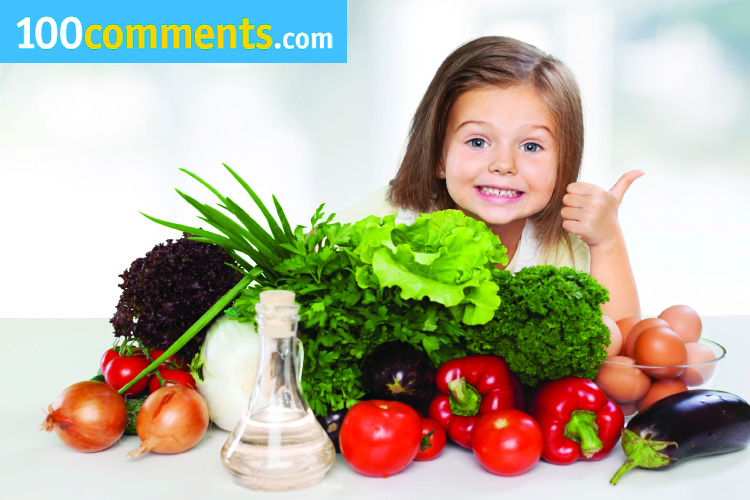Here are some reasons to supplement your preschooler’s diet, type of vitamins available and what you can get for your child.
Today, there are many parents who give their children something to chew upon – whether it’s a lion-shaped multivitamin or a gummy bear iron supplement. Some may wonder whether it truly is a necessity to complement a child’s diet with supplements.
It has also become difficult to decide which, if any, of these vitamins and supplements does your child actually need.
UK’s National Health Service (NHS) Health Department recommends that all children from six months to five years old are given supplements, in the form of vitamin drops, which contain vitamins A, C and D.
This is because children who do not eat a varied diet do not get sufficient said vitamins through food.
However, the type of vitamins and amount should cater to the child’s nutritional gap after professional consultation with a pharmacist, doctor or nutritionist.
It is important to monitor the intake as it does not mean that the more you take, the better it would be as having too much of some vitamins can be harmful. Keep to the recommended dose stated on the label, and be careful not to give your child two supplements at the same time. For example, don’t give them cod liver oil and vitamin drops, as cod liver oil also contains vitamins A and D. One supplement on its own is strong enough.
Table of Contents
Vitamin D
Vitamin D only occurs naturally in a few foods, such as oily fish and eggs. It is also added to some foods, such as fat spreads and breakfast cereals. However, the best source of vitamin D is sunlight on our skin.
It’s sensible too to keep your child’s skin safe in the sun. Children shouldn’t be out too long in hot weather. Remember to cover up or protect their skin before it turns red or burns.
Even if they get out and about under the sun, all babies and young children aged six months to five years should take a daily supplement containing vitamin D, in the form of vitamin drops.
Babies who are fed infant formula don’t need vitamin drops because formula is already fortified with the vitamins they need.
Vitamin A
Vitamin A is important for babies and young children and some may not be getting enough. It strengthens their immune system, can help their vision in dim light and maintains healthy skin.
Good sources of vitamin A include:
- dairy products
- fortified fat spreads
- carrots, sweet potatoes and mangoes
- dark green vegetables, such as spinach, cabbage and broccoli
Vitamin C
Vitamin C is important for your child’s general health and their immune system. It can also help their body absorb iron.
Good sources of vitamin C include:
- oranges
- kiwi fruit
- strawberries
- broccoli
- tomatoes
- peppers
What kind of vitamins should I get?
Any chewable or liquid children multivitamin will do unless your child has special needs. For example, if your child is a vegetarian, you’ll want to make sure that the supplement contains vitamins B12 and D, as well as riboflavin and calcium, which may be lacking in his diet. And if your doctor has determined that your child is anemic, a supplement with a specific amount of iron would be recommended.
Keep in mind that children younger than 4 aren’t able to grind foods when they chew, so give them liquid vitamins to prevent choking.
If your child does not drink milk or eat enough dairy and only gets about 15 to 20 percent of required dietary allowance for calcium from his supplement, then you’ll need to find other food-based sources, such as calcium-fortified orange juice.
When choosing a vitamin supplement for your child, always read the label. This is because the child may end up getting more than the recommended dosage of vitamins. So it’s a good idea to make sure the supplement you’re giving your child isn’t high in such nutrients unless your child’s doctor says otherwise.
Source: National Health Service (NHS) UK.
















